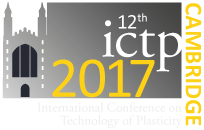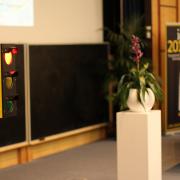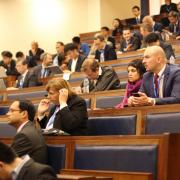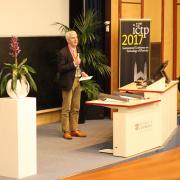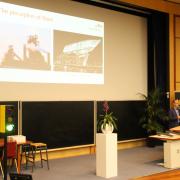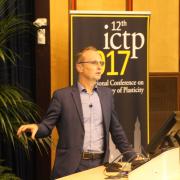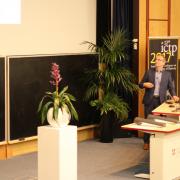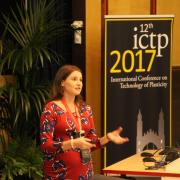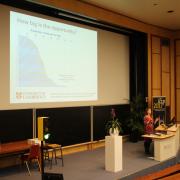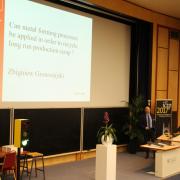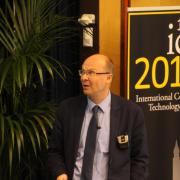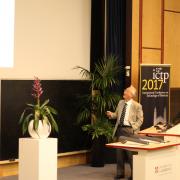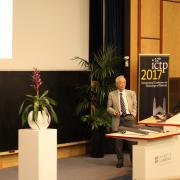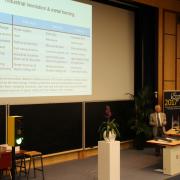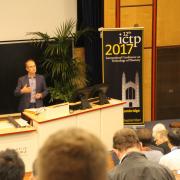At first glance, metal forming seems to have only a weak link to the goals of environmental sustainability: the energy used to power metal forming equipment is only a small part of the industrial total, and the fluids used to cool and lubricate processes are generally well controlled. The main environmental impacts of the metals industries clearly rise from the original production of the metal from ore and these metallurgical processes are highly optimised. However, downstream metal forming processes which have been tuned for maximum throughput turn out to be highly wasteful: potentially around one half of all the metal made in the world each year is un-necessary. One quarter of all metal production never reaches a product but is cut off for example during blanking or after deep drawing. In addition most products are made with components having a constant cross-section, where optimised components which would be a third lighter, have variable cross-sections.
This workshop therefore explores the possibilities for new developments in metal forming to add more value to less metal. Options to achieve this include process innovations, new supply chain configurations, and the design of alloy families that facilitate high quality recycling.
Contributors:
Carl de Mare, General Manager, Corporate Responsibility, ArcelorMittal
Philippa Horton and Professor Julian Allwood, University of Cambridge
Professor Zbigniew Gronostajski, Head of Metal Forming and Metrology Department, Wroclaw University of Technology
Professor Kozo Osakada, Emeritus Professor, Osaka University
